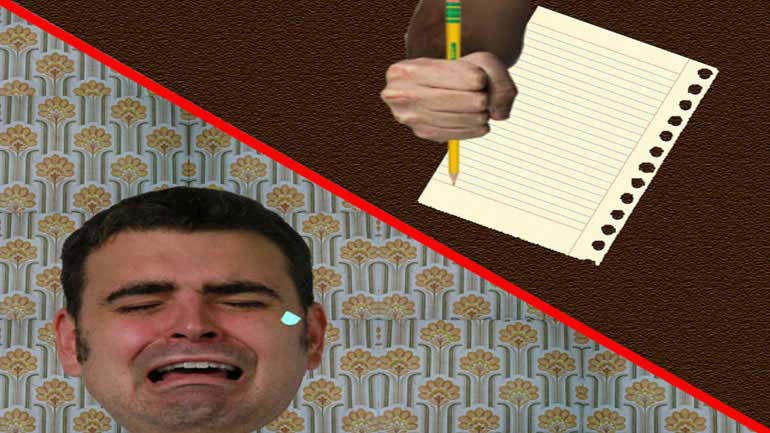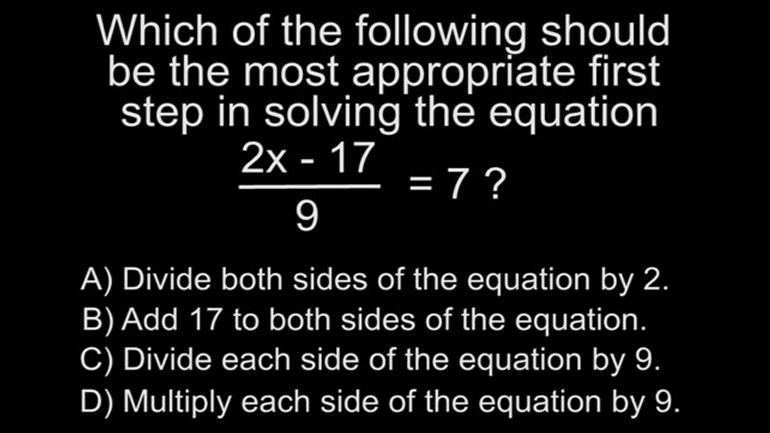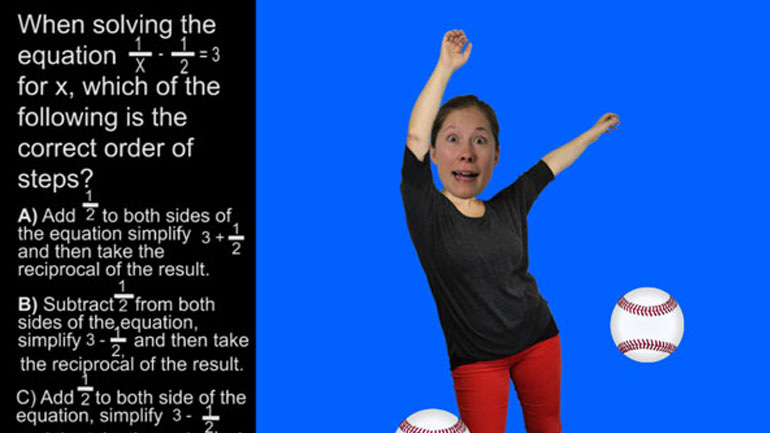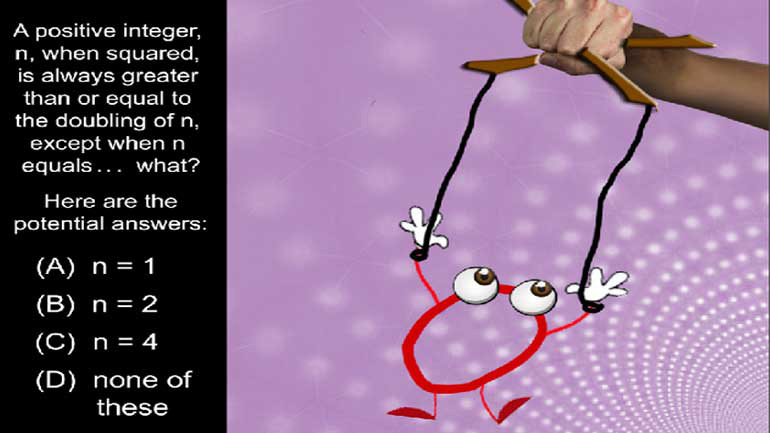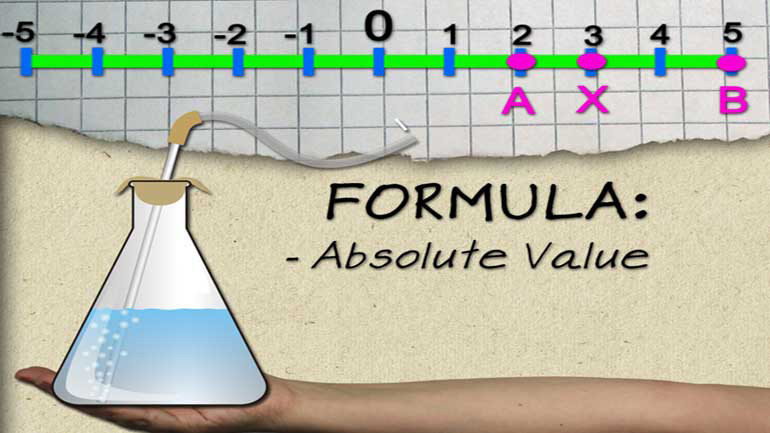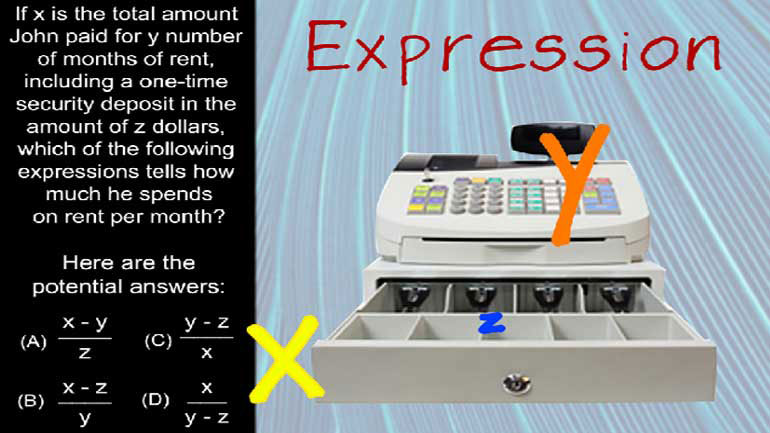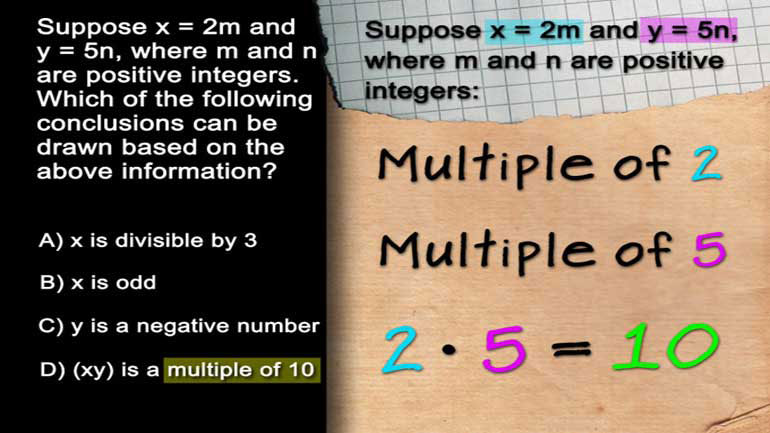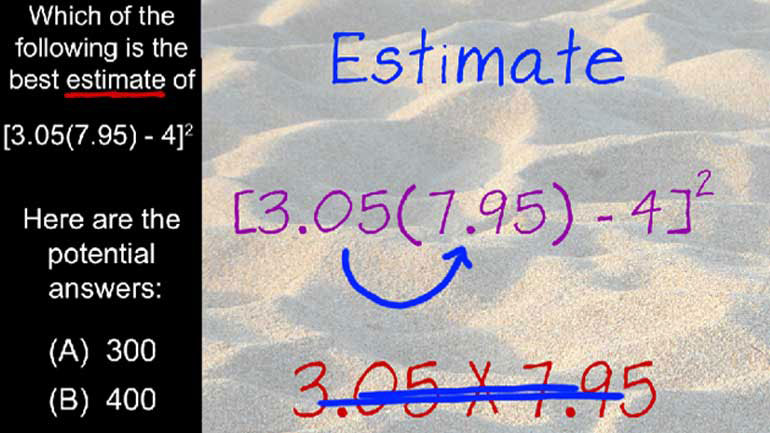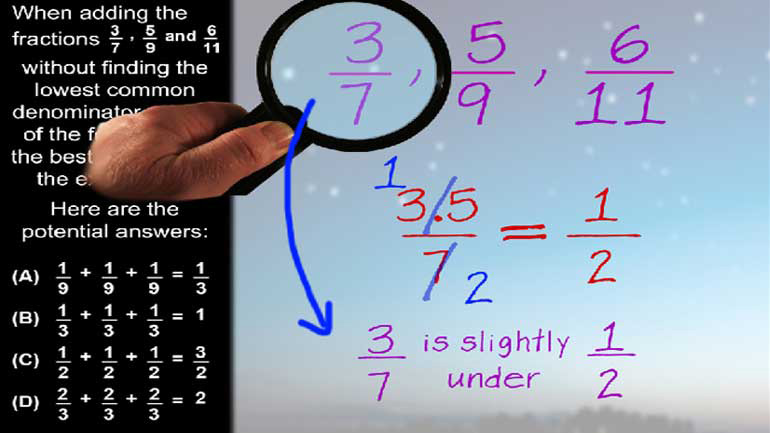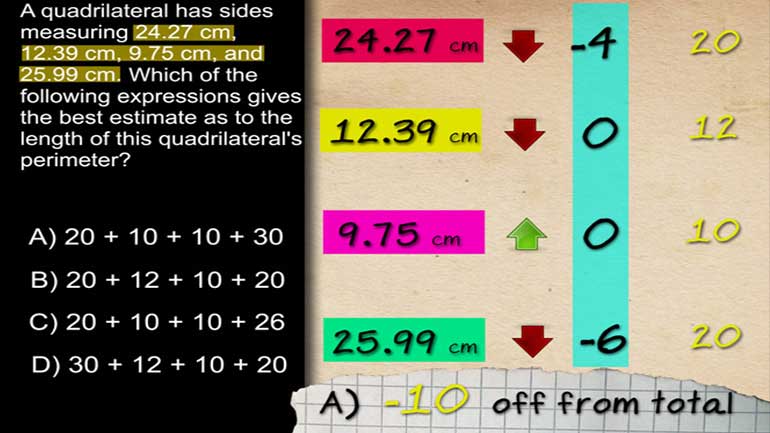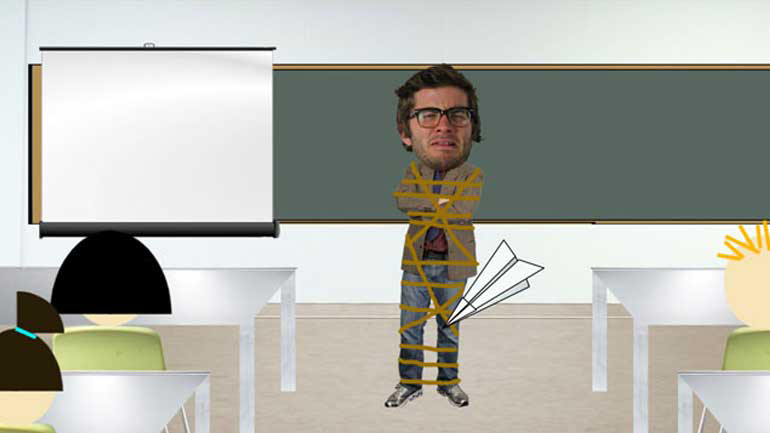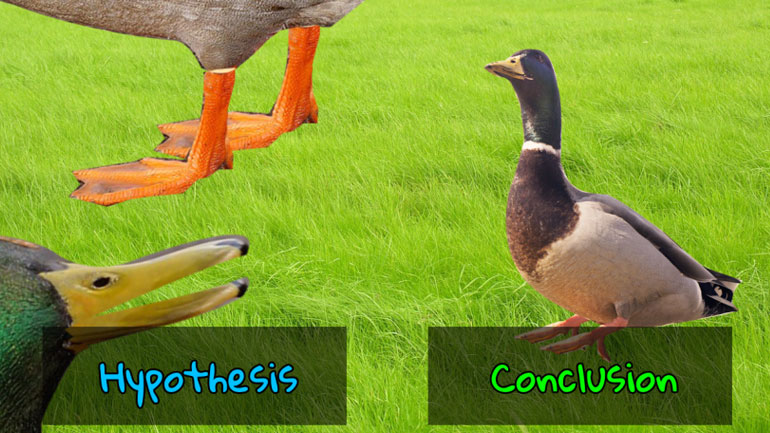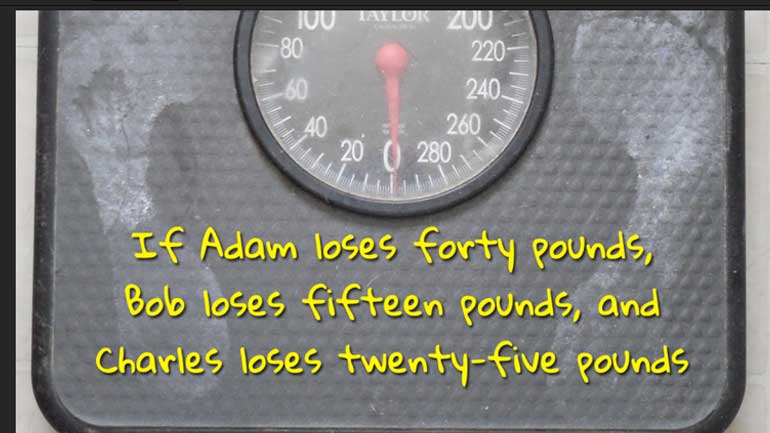ShmoopTube
Where Monty Python meets your 10th grade teacher.
Search Thousands of Shmoop Videos
Playlist CAHSEE Math Test Prep: Mathematical Reasoning 30 videos
CAHSEE Mathematical Reasoning: Drill 1, Problem 1. Based on this information, which of the following can be determined?
CAHSEE Math Mathematical Reasoning: Drill Set 1, Problem 2. Which of the following should be the most appropriate first step in solving the equation?
CAHSEE Math Mathematical Reasoning: Drill 1 Problem 3. Which of the following is the correct order of steps?
CAHSEE Math 5.1 Mathematical Reasoning 209 Views
Share It!
Description:
Mathematical Reasoning Drill 5, Problem 1. Which of the following could be the number of pieces the lasagna was cut into?
Transcript
- 00:03
Here’s your shmoop du jour...
- 00:05
Garfield, Odie and Jon have a tray of lasagna they want to divide evenly.
- 00:09
Well… Garfield wants the whole thing to himself, but Jon is putting his foot down.
- 00:13
The lasagna is cut evenly into portions such
- 00:16
that the three people-slash-animals sharing it fairly will have no leftovers.
Full Transcript
- 00:21
If two of Jon’s friends were to come over and five people were to share it,
- 00:25
two pieces would be left over… …and if nine people were to share it,
- 00:28
three pieces would be left over.
- 00:30
Which of the following could be the number of pieces the lasagna was cut into?
- 00:34
And here are the potential answers…
- 00:39
At first, this problem looks really hard.
- 00:42
We need to find a number that has no remainder when we divide it by three…
- 00:45
...a remainder of two when we divide it by five,
- 00:48
and a remainder of three when we divide it by nine.
- 00:51
Lucky for us, this question is multiple choice…
- 00:53
…which means all we have to do is test the answer choices, starting with (A).
- 00:57
If we divide (A) by three, we get twelve divided by three is four, with no remainder.
- 01:02
Good so far.
- 01:03
Twelve divided by five is two, with a remainder of two.
- 01:07
That’s also what we want, so this looks promising.
- 01:09
Twelve divided by nine is one, with a remainder of three.
- 01:12
Great! This is our answer. And lucky us, we got it on the first try.
- 01:16
It’s usually a good idea to make sure though,
- 01:18
so let’s check out the other answers and try to see why they’re wrong.
- 01:22
The problem with (B) is that twenty-one divided by five is four with a remainder of one, not two.
- 01:27
With (C), thirty divided by five leaves a remainder of zero,
- 01:30
which also isn’t what we’re looking for.
- 01:32
We get a similar problem with (D): thirty-nine divided by five has a remainder of four.
- 01:38
Looks like our answer is (A).
- 01:39
As in, “All gone.”
Related Videos
CAHSEE Math: Algebra and Functions Drill 5, Problem 3. Solve the equation.
If you already know what a conditional statement is, then you're smarter than you look. And boy do you look smart.
Indirect proofs (or proofs by contradiction) prove their conclusion by showing that the opposite cannot be true. You can use this in math and in ar...
Formal proofs present the oh-so-mathematical evidence in two columns: one for the statement they are claiming is true, and the other for the reason...
